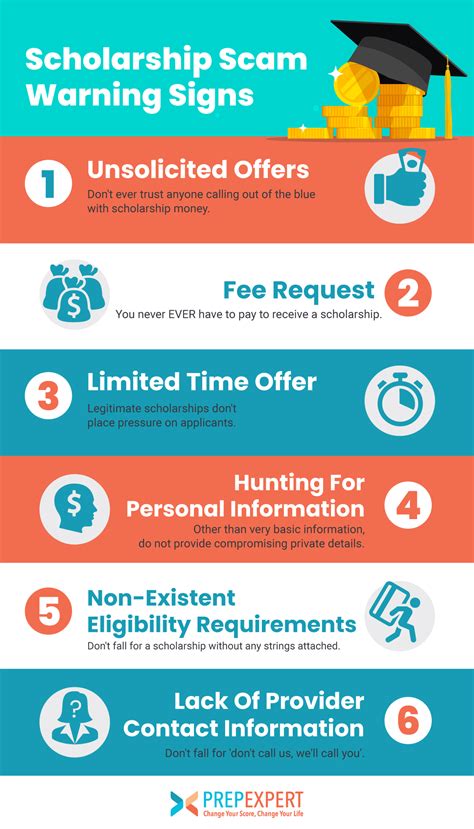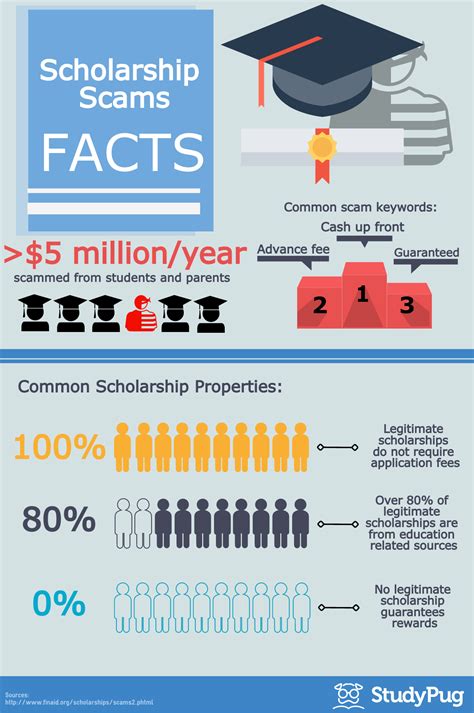fake scholarships to watch out for How can you tell a real scholarship from a fake? Use these tips to become an informed scholarship applicant. Questions to Ask: Who is offering the scholarship? It is a good idea to look for scholarships from organizations that . Taste : Fruit punch and transcends to citrus-peach-melon amalgam punctuated by peat smoke that is so gentle and enticing. The middle ground is soft and velvety with a tease of black pepper. Finish : Mild sweet finish with a hint of soft peat smoke. Union of select Single Malts from Amrut, Scotland and Asian countries.
0 · what is scholarship fraud
1 · scholarships that are scams
2 · scholarships that are not scams
3 · scam scholarship websites
4 · is verified scholarships legit
5 · is simply scholarships legit
6 · is do something scholarship legit
7 · all scholarship services are illegal
American University of Malta (AUM) is a private university located in Cospicua, Malta. It was established in 2016 and is an affiliate of SAI Global Education Network. AUM was founded with the aim of providing a high-quality American-style education to students from Malta, Europe, and beyond. Key features of the American University of Malta include:
Scholarship and financial aid scams often start with a social media post, email, or a letter in the mail. It might look like a personalized invitation, saying you’ve been selected for . 1. Request for Payment: Genuine scholarships never require payment. Please note applications fees for admission (scholarship fees) charged by known institutions are legit. 2. . If students encounter a fraudulent scholarship or feel they have fallen victim to a scholarship scam, experts encourage them to report the . You probably want to know how to know if a scholarship is fake and what you can do to avoid becoming a victim of a scholarship scam. While there isn’t a concrete way to .
How can you tell a real scholarship from a fake? Use these tips to become an informed scholarship applicant. Questions to Ask: Who is offering the scholarship? It is a good idea to look for scholarships from organizations that . A form of fraud, scholarship scams refer to practices used by dishonorable individuals or organizations that claim to be helping students pay for school. Here are some of . How to avoid scholarship scams: Beware of unsolicited offers. Typically, winning a scholarship or grant that wasn't applied for is impossible. Ask how the organization got your . A financial aid scam can threaten your college plans. We explore how to spot and avoid scholarship scams and where to find legitimate scholarship resources.

There are a variety of scholarship scams to watch out for, including the following: Scholarships for profit: These scams may look just like a real scholarship application, but they require an application fee. They receive . Scholarship and financial aid scams often start with a social media post, email, or a letter in the mail. It might look like a personalized invitation, saying you’ve been selected for a particular scholarship or financial aid package. 1. Request for Payment: Genuine scholarships never require payment. Please note applications fees for admission (scholarship fees) charged by known institutions are legit. 2. Unsolicited Offers: Be cautious of scholarships you didn’t apply for. 3. Guaranteed Wins: No legitimate scholarship can guarantee you’ll win. 4. No Selection Criteria . If students encounter a fraudulent scholarship or feel they have fallen victim to a scholarship scam, experts encourage them to report the website or company to the FTC and the Consumer.
How to Tell if a Scholarship is a Fake. The FTC has outlined several signs of a scholarship scam. Be wary of statements like these: "This scholarship is guaranteed, or your money back." No one can guarantee that you'll get a scholarship or grant. You probably want to know how to know if a scholarship is fake and what you can do to avoid becoming a victim of a scholarship scam. While there isn’t a concrete way to guarantee this, here are some tips to avoid scholarship scams. Put these to work to reduce your chances of getting scammed.
How can you tell a real scholarship from a fake? Use these tips to become an informed scholarship applicant. Questions to Ask: Who is offering the scholarship? It is a good idea to look for scholarships from organizations that you already know and trust. A form of fraud, scholarship scams refer to practices used by dishonorable individuals or organizations that claim to be helping students pay for school. Here are some of the most commonly seen scams to be on the lookout for, as . How to avoid scholarship scams: Beware of unsolicited offers. Typically, winning a scholarship or grant that wasn't applied for is impossible. Ask how the organization got your name and contact. A financial aid scam can threaten your college plans. We explore how to spot and avoid scholarship scams and where to find legitimate scholarship resources.
There are a variety of scholarship scams to watch out for, including the following: Scholarships for profit: These scams may look just like a real scholarship application, but they require an application fee. They receive thousands of applicants and charge fees from to . Scholarship and financial aid scams often start with a social media post, email, or a letter in the mail. It might look like a personalized invitation, saying you’ve been selected for a particular scholarship or financial aid package. 1. Request for Payment: Genuine scholarships never require payment. Please note applications fees for admission (scholarship fees) charged by known institutions are legit. 2. Unsolicited Offers: Be cautious of scholarships you didn’t apply for. 3. Guaranteed Wins: No legitimate scholarship can guarantee you’ll win. 4. No Selection Criteria .
If students encounter a fraudulent scholarship or feel they have fallen victim to a scholarship scam, experts encourage them to report the website or company to the FTC and the Consumer.How to Tell if a Scholarship is a Fake. The FTC has outlined several signs of a scholarship scam. Be wary of statements like these: "This scholarship is guaranteed, or your money back." No one can guarantee that you'll get a scholarship or grant. You probably want to know how to know if a scholarship is fake and what you can do to avoid becoming a victim of a scholarship scam. While there isn’t a concrete way to guarantee this, here are some tips to avoid scholarship scams. Put these to work to reduce your chances of getting scammed.
How can you tell a real scholarship from a fake? Use these tips to become an informed scholarship applicant. Questions to Ask: Who is offering the scholarship? It is a good idea to look for scholarships from organizations that you already know and trust. A form of fraud, scholarship scams refer to practices used by dishonorable individuals or organizations that claim to be helping students pay for school. Here are some of the most commonly seen scams to be on the lookout for, as . How to avoid scholarship scams: Beware of unsolicited offers. Typically, winning a scholarship or grant that wasn't applied for is impossible. Ask how the organization got your name and contact. A financial aid scam can threaten your college plans. We explore how to spot and avoid scholarship scams and where to find legitimate scholarship resources.
hublot mdm strap
what is scholarship fraud
scholarships that are scams
scholarships that are not scams

AHA Events. Thursday, January 6, 2022. 8:30 AM-3:00 PM. AHA Council Meeting (invitation only) 10:00 AM-12:00 PM. Tour 1. The Rainbow Fleur de Lis: A Walking Tour .
fake scholarships to watch out for|is verified scholarships legit



























